Expanding the Blue Economy in East and Southern Africa – Episode 26
IFAD Asset Request Portlet
Asset Publisher
Expanding the Blue Economy in East and Southern Africa – Episode 26
22 November 2021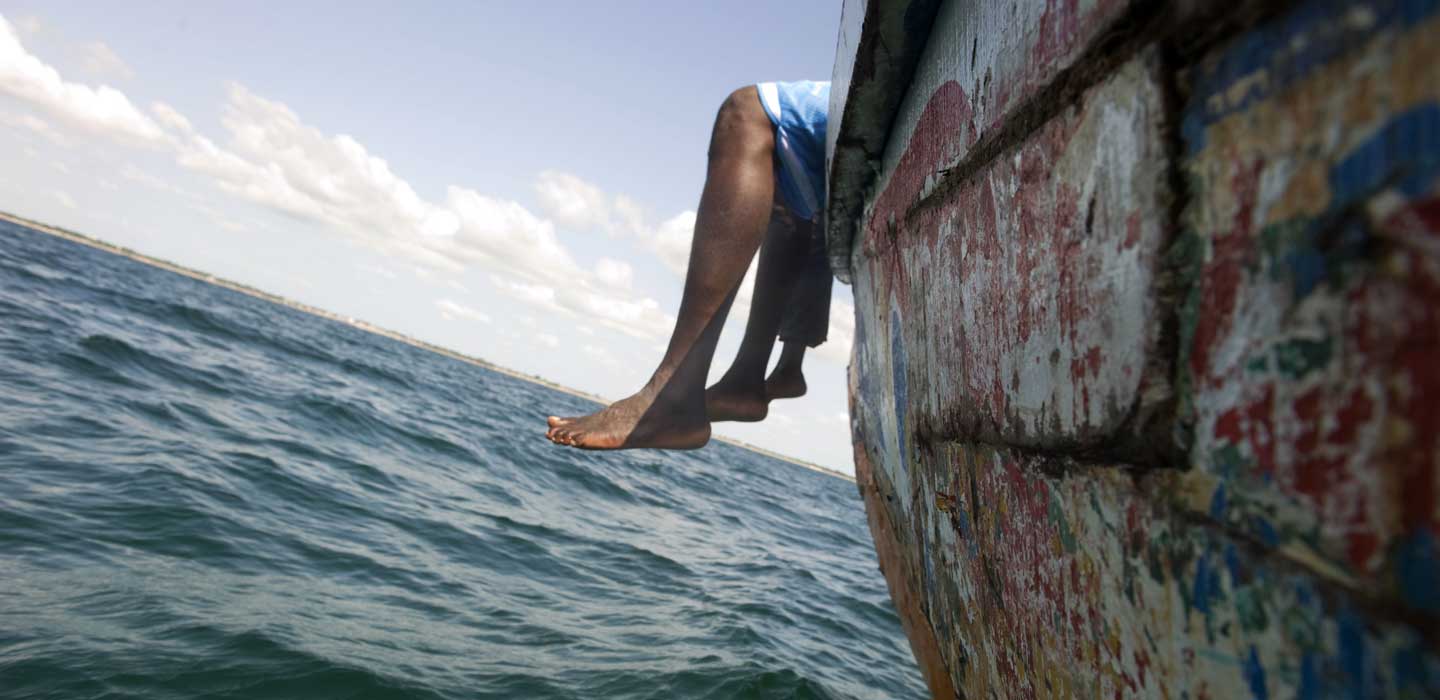
This month’s episode is all about the blue economy – the economic, social and environmental activity that revolves around marine and coastal resources – of the East and Southern Africa region (ESA). This sector offers many potential opportunities for governments, the private sector and small-scale producers, along with some challenges.
Sara Mbago-Bhunu, Director of IFAD’s ESA Division, and ocean expert Dr Ismael Kimirei give us some background on IFAD’s work in the region. IFAD’s fisheries specialist Richard Abila tells us all about the aquaculture value chain.
We also hear from the private sector with Samuel Ondiek, managing director of a Kenyan fish distribution company. Plus, we get a first-hand perspective on the industry from two small-scale producers in Eritrea who’ve transformed their livelihoods.
Episode contents
- Sara Mbago-Bhunu on the opportunities and challenges of the blue economy
- The challenges facing private-sector aquaculture companies, with Samuel Ondiek
- Safeguarding rural livelihoods in Eritrea
- A deep dive into aquaculture value chains with IFAD’s fisheries expert
- Dr Ismael Kimirei on the consequences of rising ocean temperatures
- Sara Mbago-Bhunu on future investments in the blue economy
- Summing Up
Sara Mbago-Bhunu on the opportunities and challenges of the blue economy
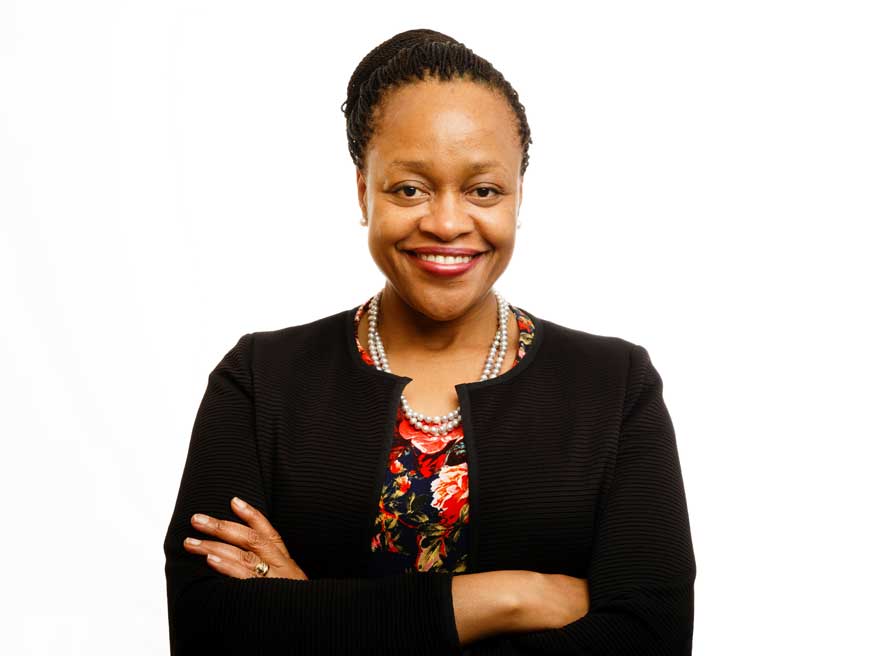 |
| Sara Mbago-Bhunu, Director of IFAD’s ESA Division |
Sara Mbago-Bhunu, Director of IFAD’s East and Southern Africa Division, sat down with us to discuss IFAD’s blue economy portfolio in this region of the world. She highlighted the opportunities and challenges within the sector and noted that, thanks to the ample financial resources available to these projects, they are robust enough to provide us with valuable knowledge and lessons for future investments.
The challenges facing private-sector aquaculture companies, with Samuel Ondiek
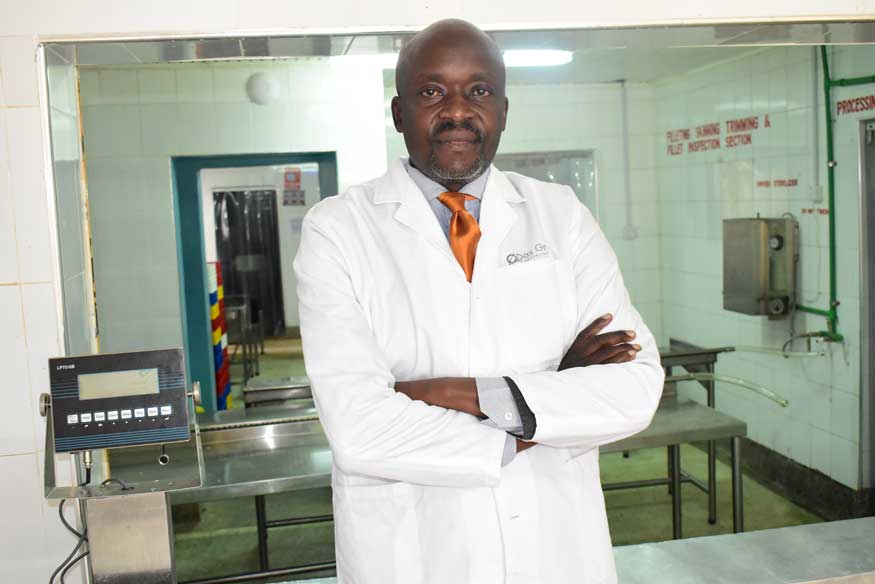 |
| Samuel Ondiek, Managing Director of DAS Group |
Aquaculture, also known as aquafarming, is the controlled cultivation of marine species such as fish or crustaceans. The aquaculture value chain includes all the various actors involved in the process of raising, harvesting, and processing these animals and bringing them to consumers.
In many countries, the private sector has played a key role in the development and growth of the aquaculture value chain. In Kenya, for example, crucial services such as cold chain storage and transportation are largely handled by private companies.
Samuel Ondiek is the managing director of DAS Group, a fish distribution company in Kenya. He spoke with us about the various challenges specific to the aquaculture sector.
Safeguarding rural livelihoods in Eritrea
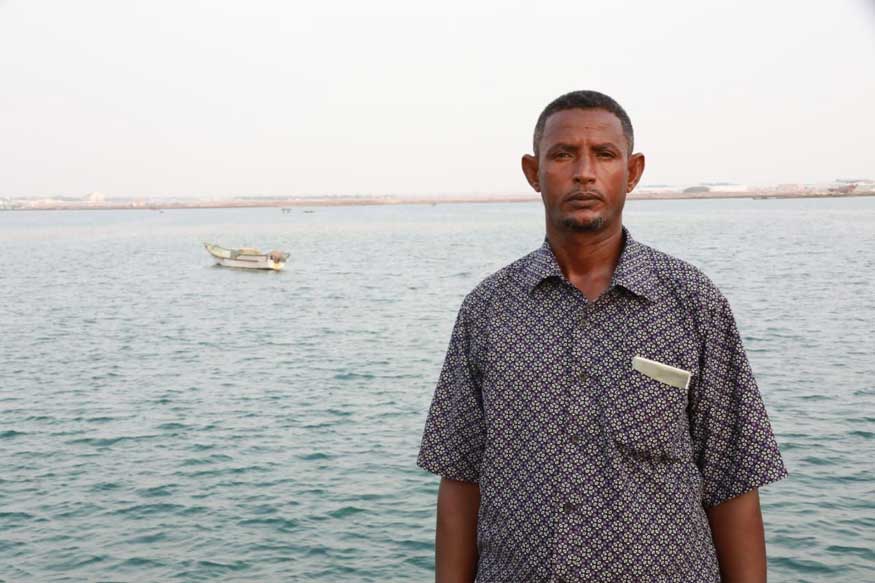 |
| Mohamed Seid Ibrahim, ocean farmer in Eritrea |
Small-scale farmers produce the bulk of the food we eat. They’re also the custodians of our land, water and seas. With the right resources and training, they can safeguard the environment while improving their livelihoods.
We spoke with Mohamed Seid Ibrahim and Masqela Hailemariam, small-scale ocean farmers from Eritrea, to learn more about the challenges they face and their hopes for the future.
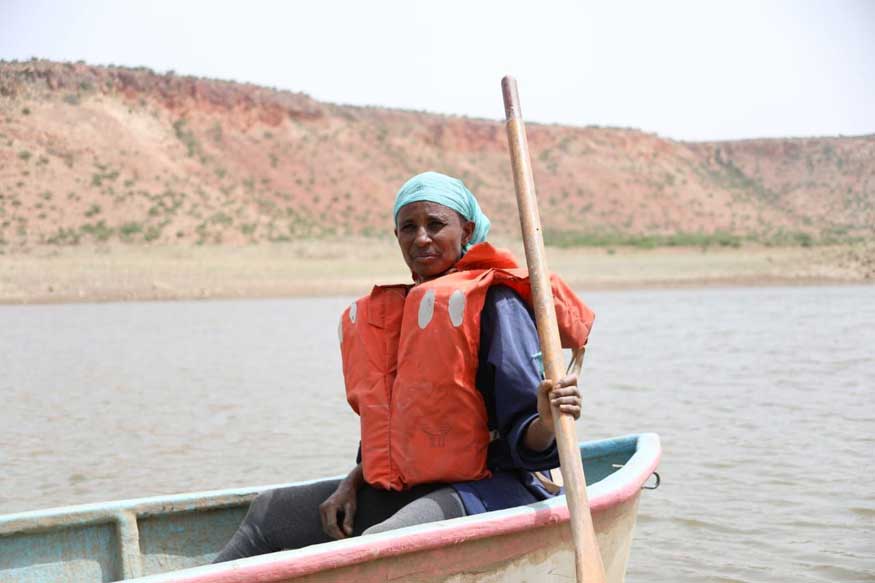 |
| Masqela Hailemariam, ocean farmer in Eritrea |
A deep dive into aquaculture value chains with IFAD’s fisheries expert
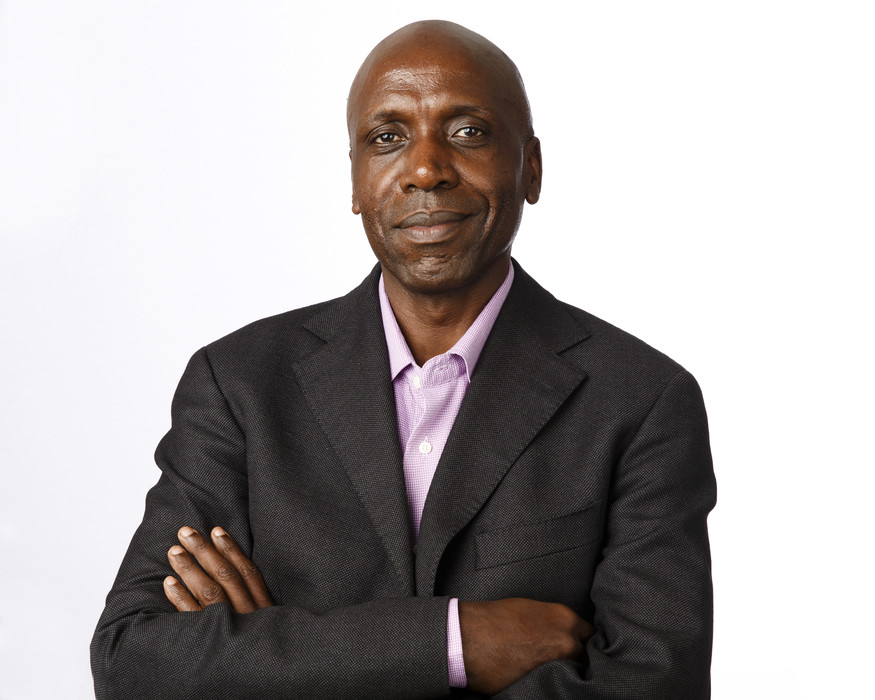 |
| Richard Abila, IFAD’s expert on fisheries and aquaculture |
Aquaculture value chains around the world share some common features. Typically, small-scale farmers provide the initial cultivation and harvest; then, larger-scale farming operations process the harvest and prepare it for sale; and finally, private companies and other institutions organize the markets and help products reach the consumer.
However, what this looks like on the ground varies from country to country. Each nation’s aquaculture sector is heavily influenced by factors such as its overall level of activity and development as a domestic industry, as well as the resources available to it.
Our reporter Miguel Teran sat down with Richard Abila, IFAD’s Senior Technical Specialist for Fisheries and Aquaculture, to discuss the various aquatic value chains across the ESA region.
Dr Ismael Kimirei on the consequences of rising ocean temperatures
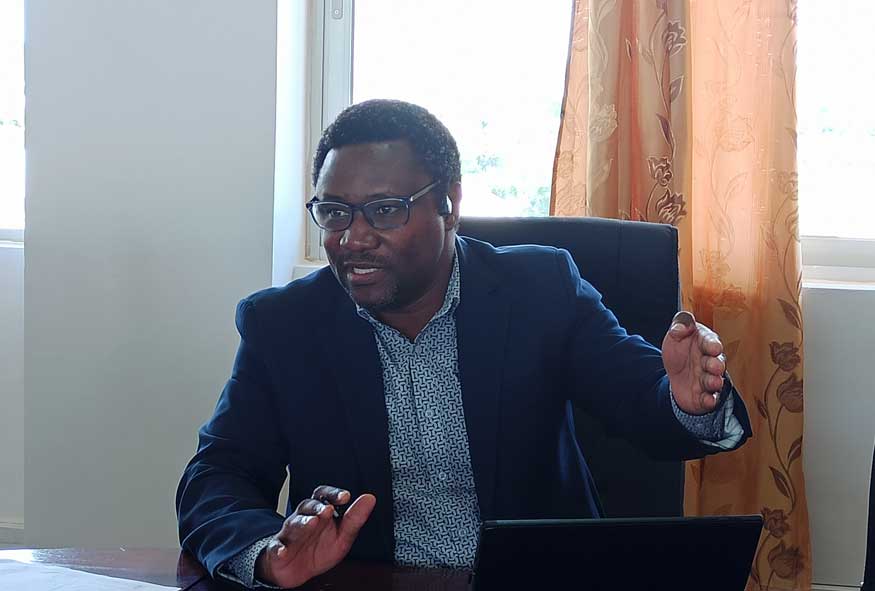 |
| Dr Ismael Kimirei, Director-General of the Tanzania Fisheries Research Institute |
The effects of climate change have enormous consequences for the blue economy. Rising ocean temperatures are affecting the health of the ocean and all the creatures living in it.
Dr Ismael Kimirei is Director-General of the Tanzania Fisheries Research Institute and an expert on oceans. He explains what rising ocean temperatures mean for the ESA region and its fisheries and aquaculture industries.
Sara Mbago-Bhunu on future investments in the blue economy
As this episode comes to a close, Sara Mbago-Bhunu joins us again to share some final thoughts on future investments in the blue economy.
Summing Up
Thanks to our producer Francesco Manetti, our reporter Miguel Teran, the team in Eritrea, and everyone else who’s worked on this programme.
But most of all, thanks to you for listening to this episode of Farms. Food. Future., brought to you by the International Fund for Agricultural Development.
Next month, as we head into the new year, we’ll be talking about innovations in agriculture.
Remember, we want to hear from you – what you think about our stories and the issues discussed, and who you want us to be talking to – so please get in touch at [email protected].
Send us your voice or text messages to that address and we’ll be happy to play you out in the next show.
Also, don’t forget to subscribe to this podcast via your favourite podcast platform – and please rate us.
Brian Thomson and Linda Odhiambo with the team here at IFAD signing out – with thanks for listening.
As always, we’ll be trying to be Good for You, Good for the Planet and Good for the Farmers.